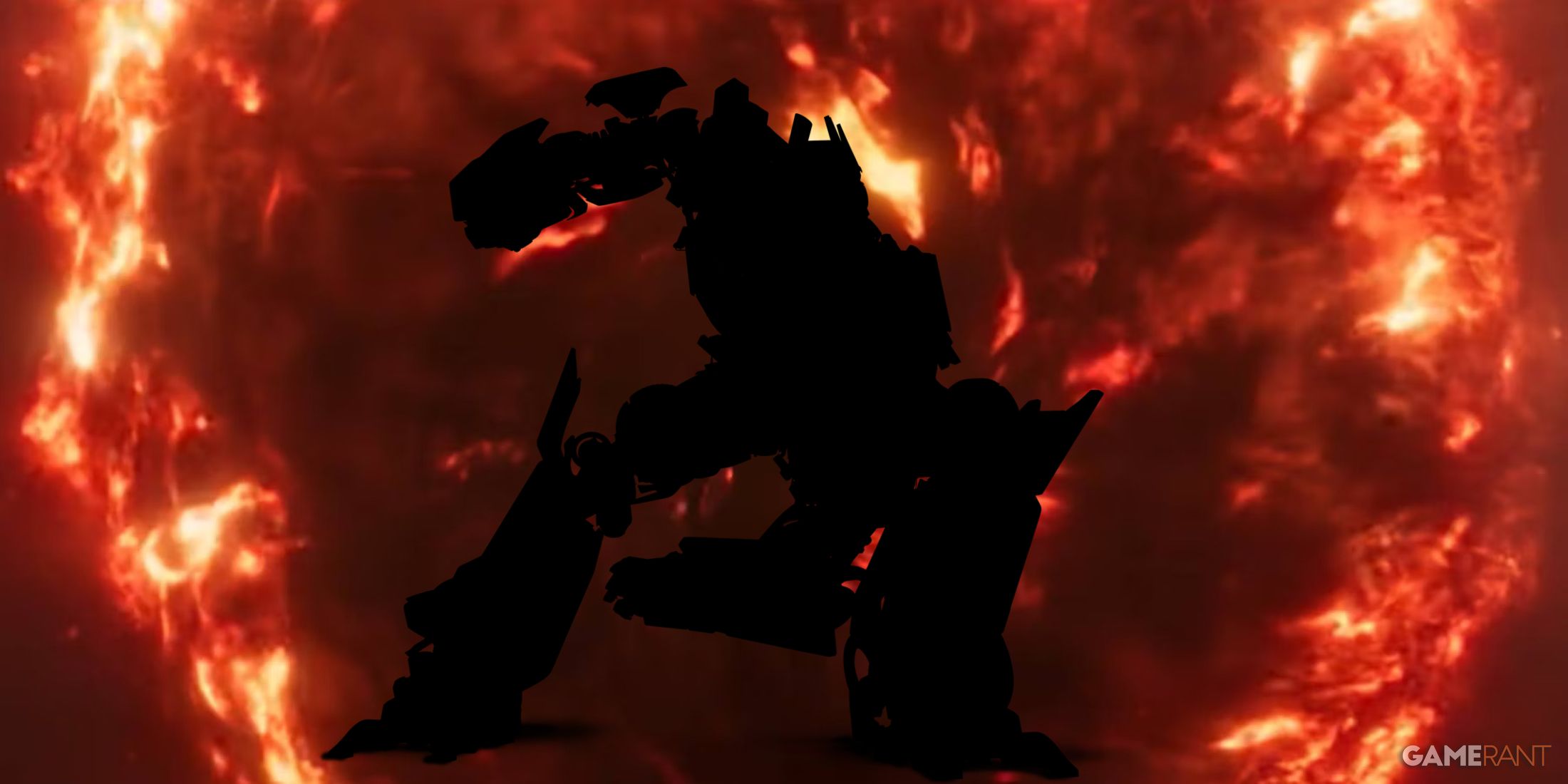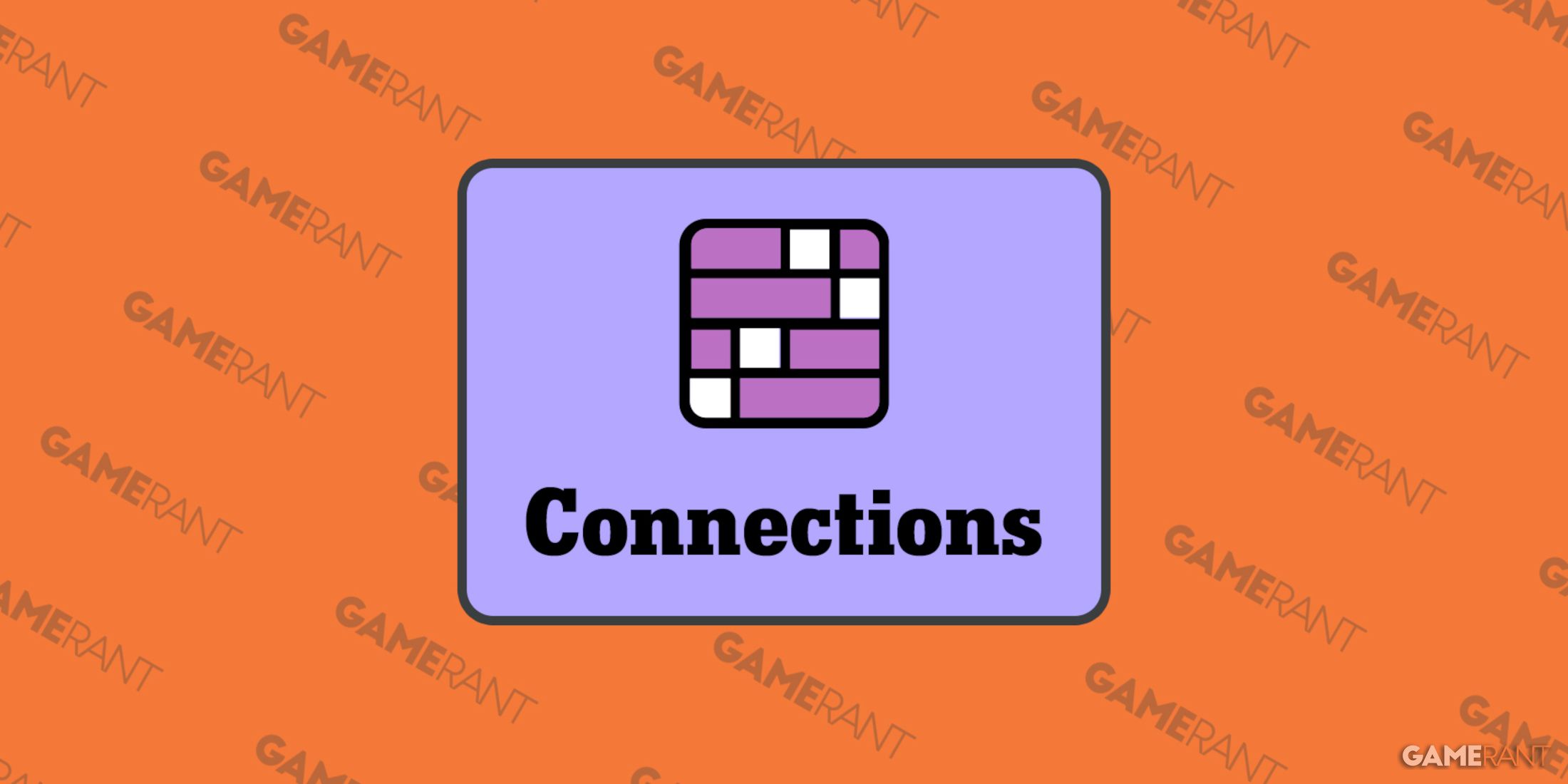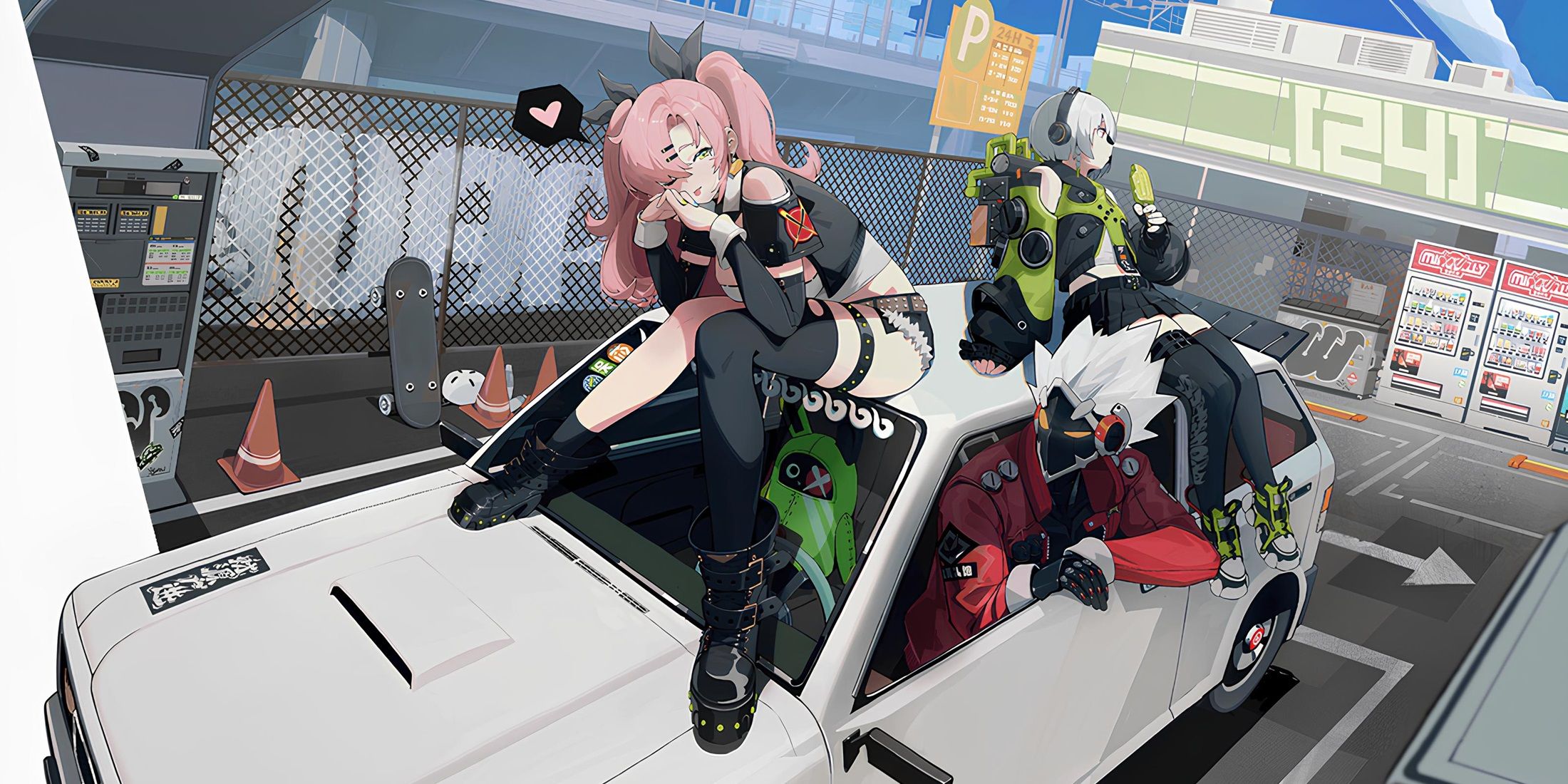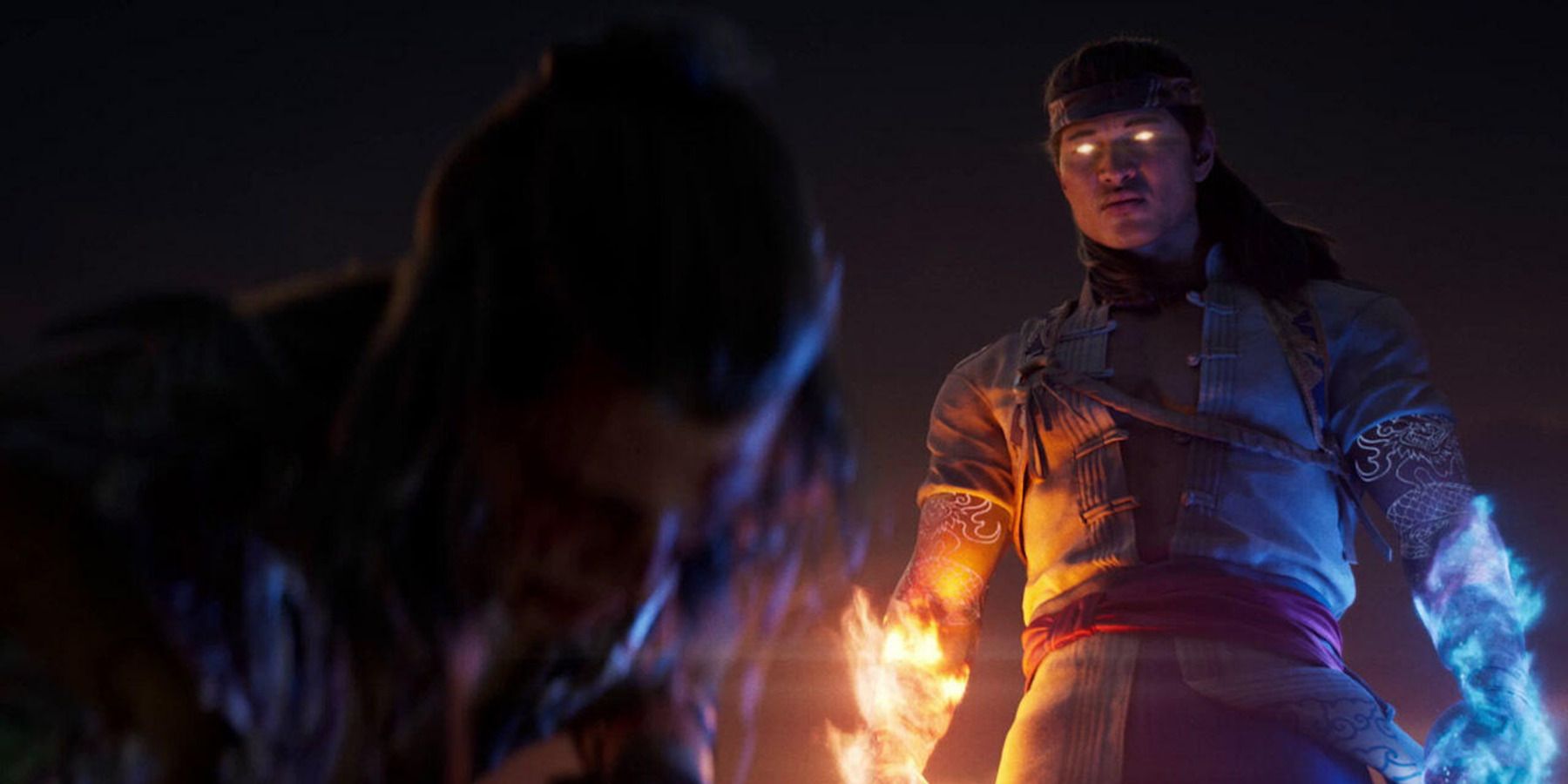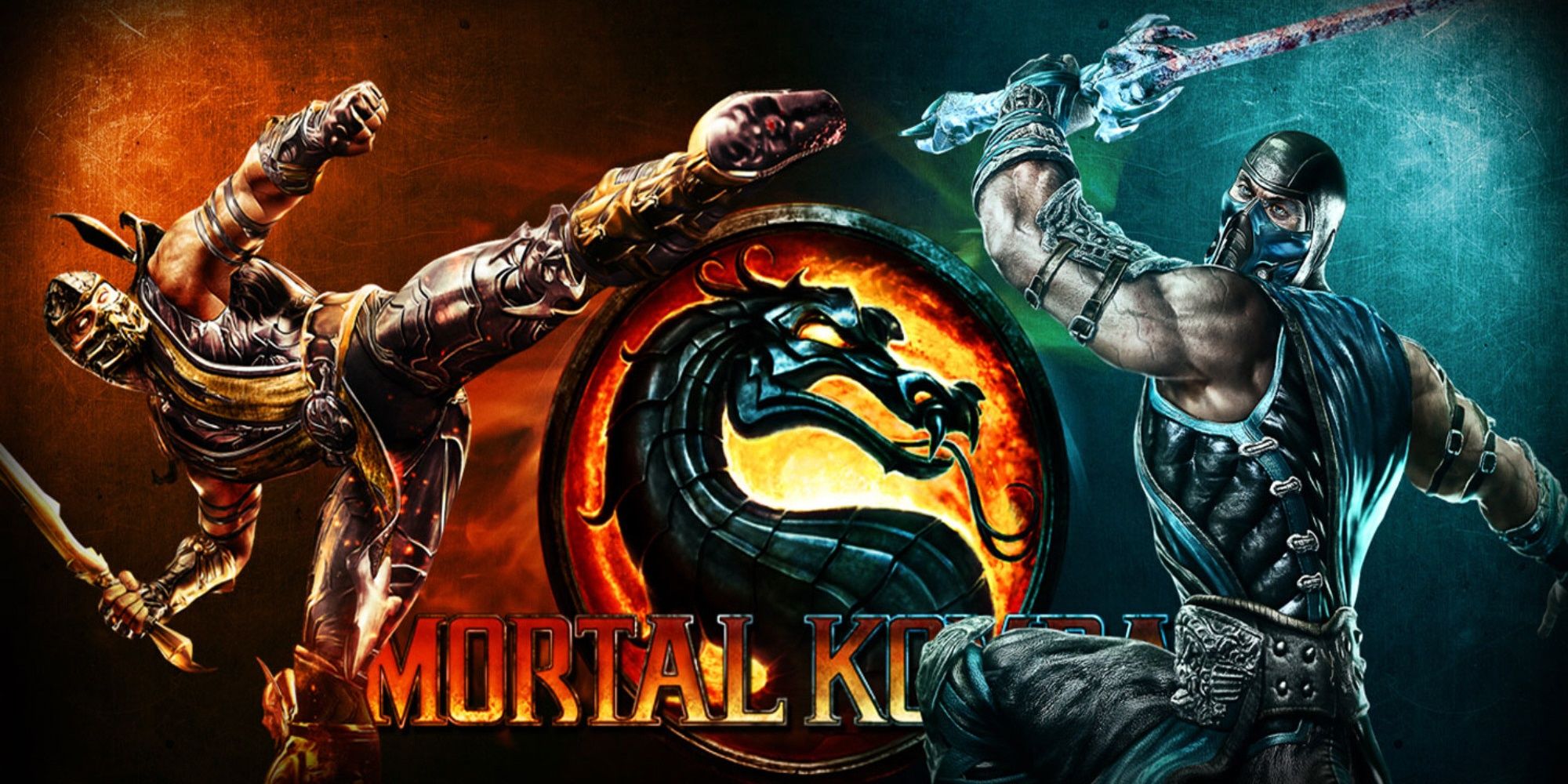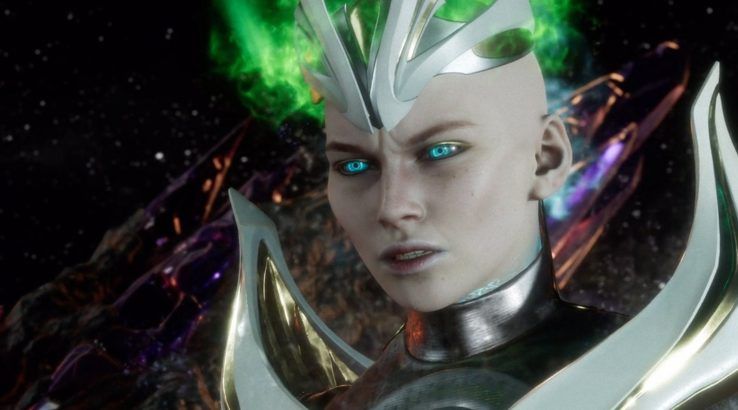Last month, NetherRealm gave gamers their first look at its new fighting game, Mortal Kombat 1. The trailer revealed a number of things about the upcoming project and confirmed what many people suspected. Specifically, Mortal Kombat 1 would function as something of another narrative reboot for the franchise.
The reveal trailer for Mortal Kombat 1 showed off some of the franchise's new timeline and provided a few clues as to what the game would be about. Several of the characters seemed to have new destinies while others appeared to be renewing old rivalries from previous timelines. The road to this new timeline, however, has been a long one full of many twists and turns.
The First Story Reboot of the Mortal Kombat Franchise
The original Mortal Kombat run was full of inconsistencies and a buck wild yet simple storyline, which was perhaps the longest-running narrative in the video game medium. Over the course of 16 years, the developer would release seven main installments in the franchise which told a continuous story involving fighters from across multiple realms. In terms of storylines, there is an argument to be made that the Mortal Kombat franchise overall put more effort into its story than any other fighting game. This narrative would continue until the release of Mortal Kombat (2011) which effectively rebooted the franchise for the first time.
After Midway Games went bankrupt, the Mortal Kombat property was sold to Warner Bros Interactive and the team that developed the game went with it. The next game that the studio released was Mortal Kombat (2011) which revealed Shao Kahn had triumphed during the events of Mortal Kombat: Armageddon. Raiden then sends a message to his past self in order to change history, resulting in the game functioning as an in-continuity reboot of the franchise's story. This new timeline would be the setting of its two sequels, Mortal Kombat X and Mortal Kombat 11 before the timeline was reset again.
How Mortal Kombat 11 Reset the Franchise Timeline Once Again
The storyline of Mortal Kombat 11 was a bizarre one, even by the franchise's standards. In it, the character known as Kronika, the Titan of Time, opts to reset the entire timeline of the universe, apparently irked by Raiden's constant meddling. After an epic story, Liu Kang, now a god himself thanks to Raiden, is able to overcome Kronika in battle. Unfortunately, his actions come too late, and the timeline of the Mortal Kombat multiverse is completely reset. Depending on how well the player does in the fight against Kronika, the ending will either have Liu Kang joined by Raiden or Kitana in their efforts to shape a new timeline.
The Mortal Kombat 11 Aftermath DLC further expands upon the story's ending and gives players a more complete narrative. After a short story involving Shang Tsung and a plot involving stealing Kronika's crown, the player is given two different endings based on who they choose to play as. One ending sees Shang Tsung as the new ruler over the universe's timeline while another has Liu Kang act as a mentor to a young version of Kung Lao. As it turned out, the Liu Kang ending will be the canon one.
The fact that the Mortal Kombat timeline would be reset was obvious. The endings of the latest entry didn't allow for any other possibilities. This admittedly did confuse some gamers as there was a question as to why the franchise was doing another timeline reset when one just happened so recently, at least relatively in the series. Regardless, players will be able to discover whether Liu Kang was able to create a better timeline than the original when the reboot installment is released later this year.
Mortal Kombat 1 will be released on PC, PS5, Switch, and Xbox Series X/S.

